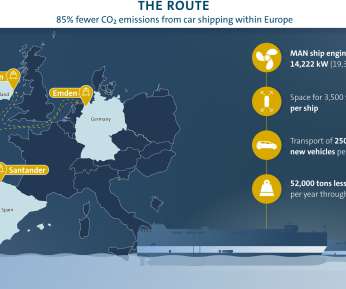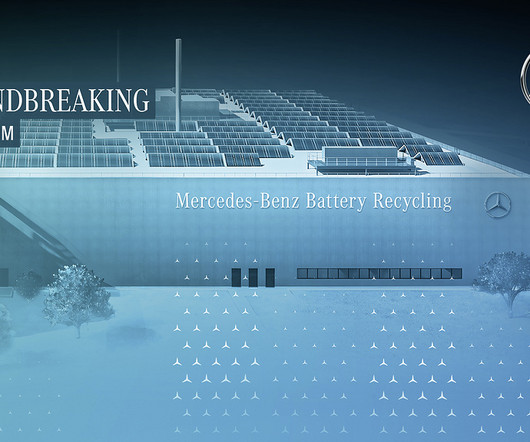Volkswagen fueling car carriers with fuel derived from used cooking oil; GoodFuels BFO
Green Car Congress
NOVEMBER 27, 2020
This way, we reuse waste oil in an environmentally compatible way. With 85 percent lower CO 2 emissions than with conventional fossil fuels, the contribution to climate protection is enormous. Furthermore, all rail shipments in Germany with DB Cargo are being changed over to eco-power.












Let's personalize your content